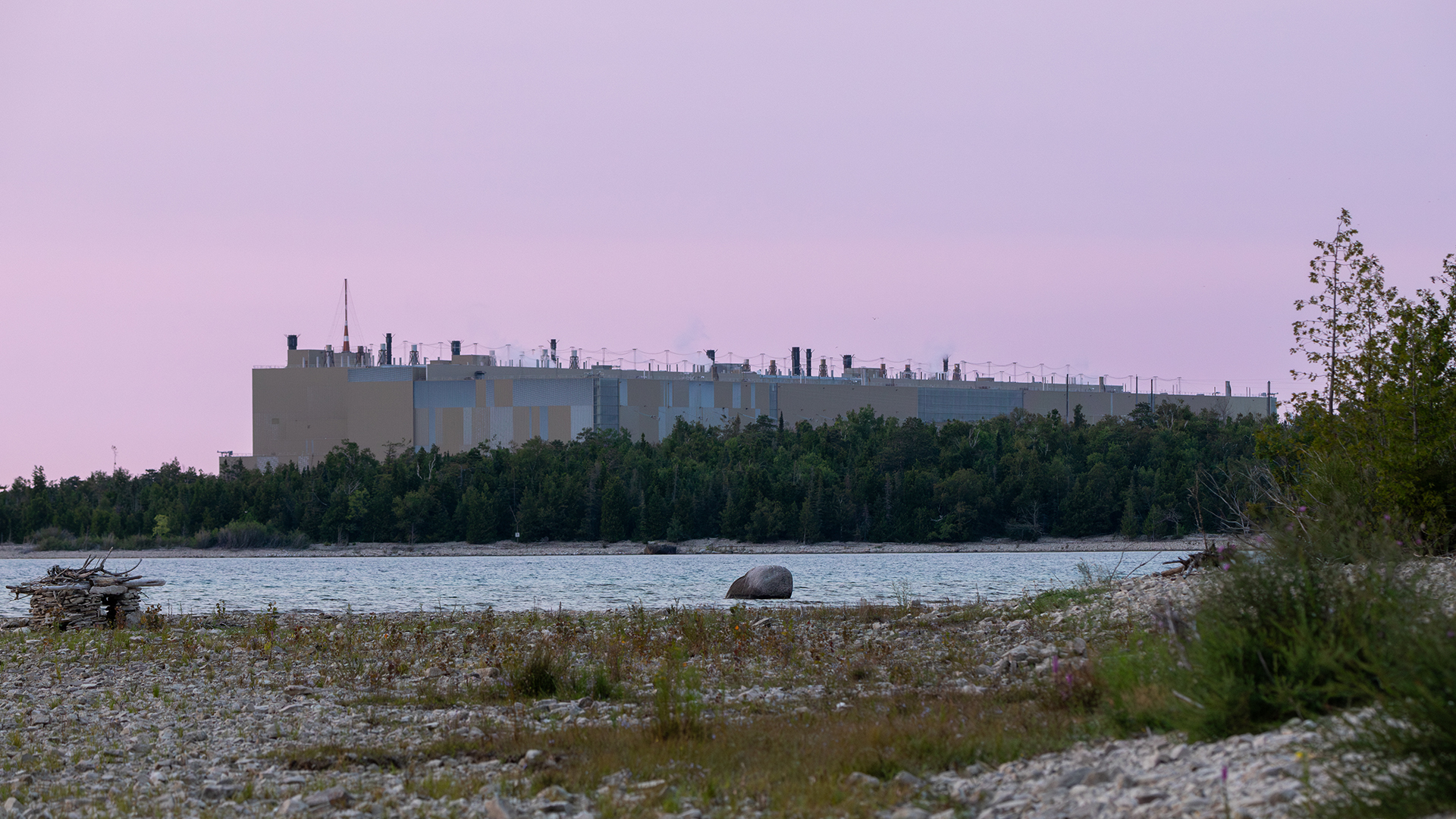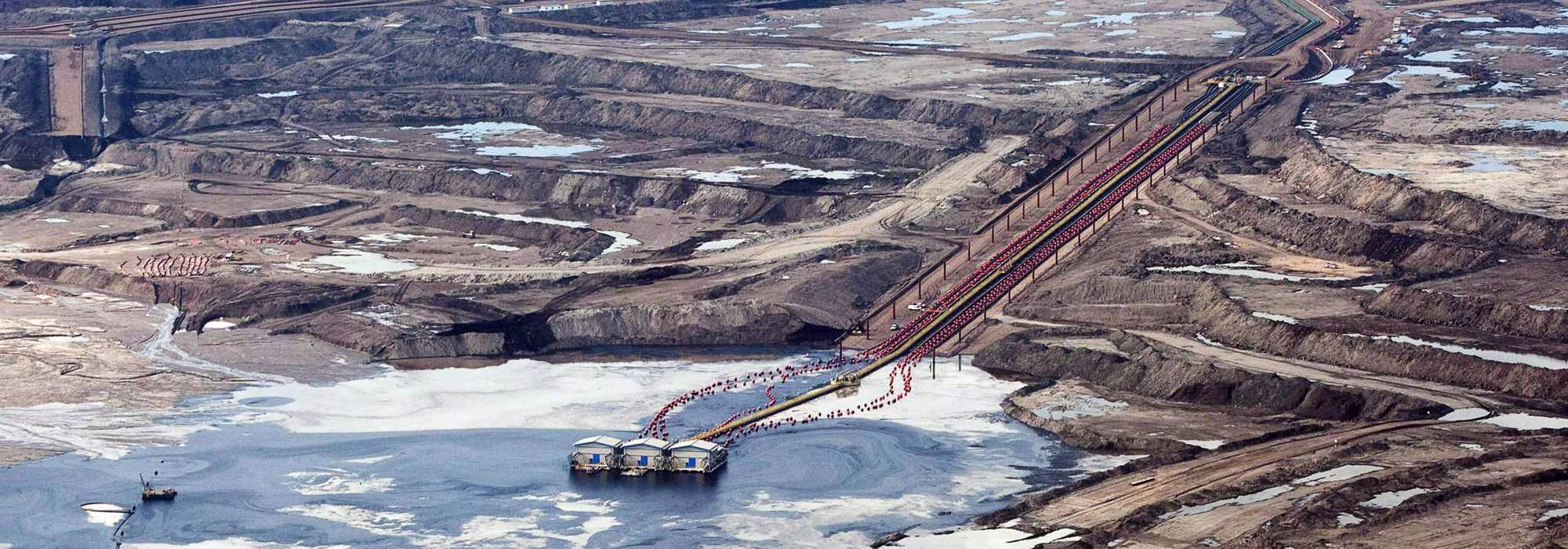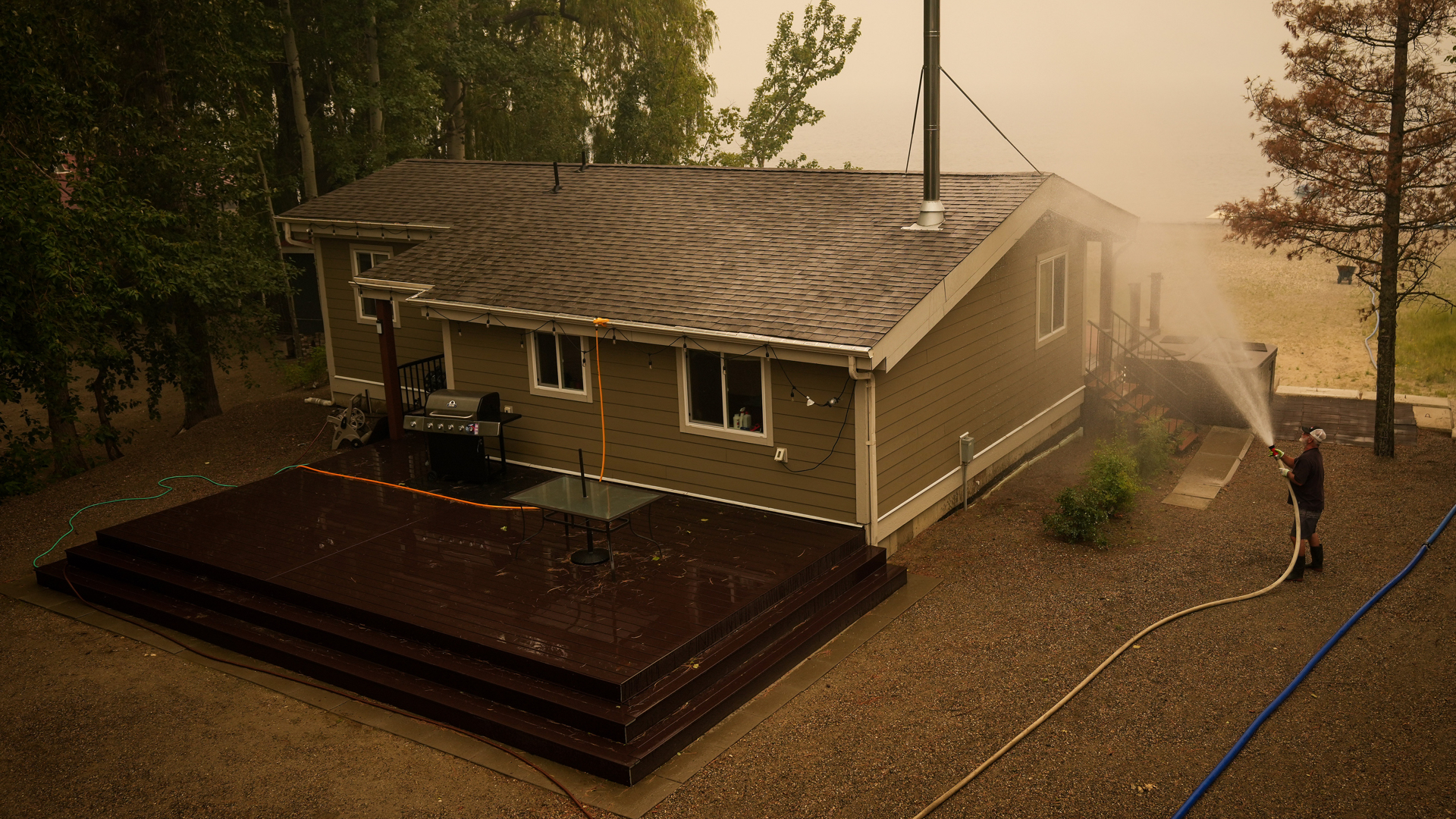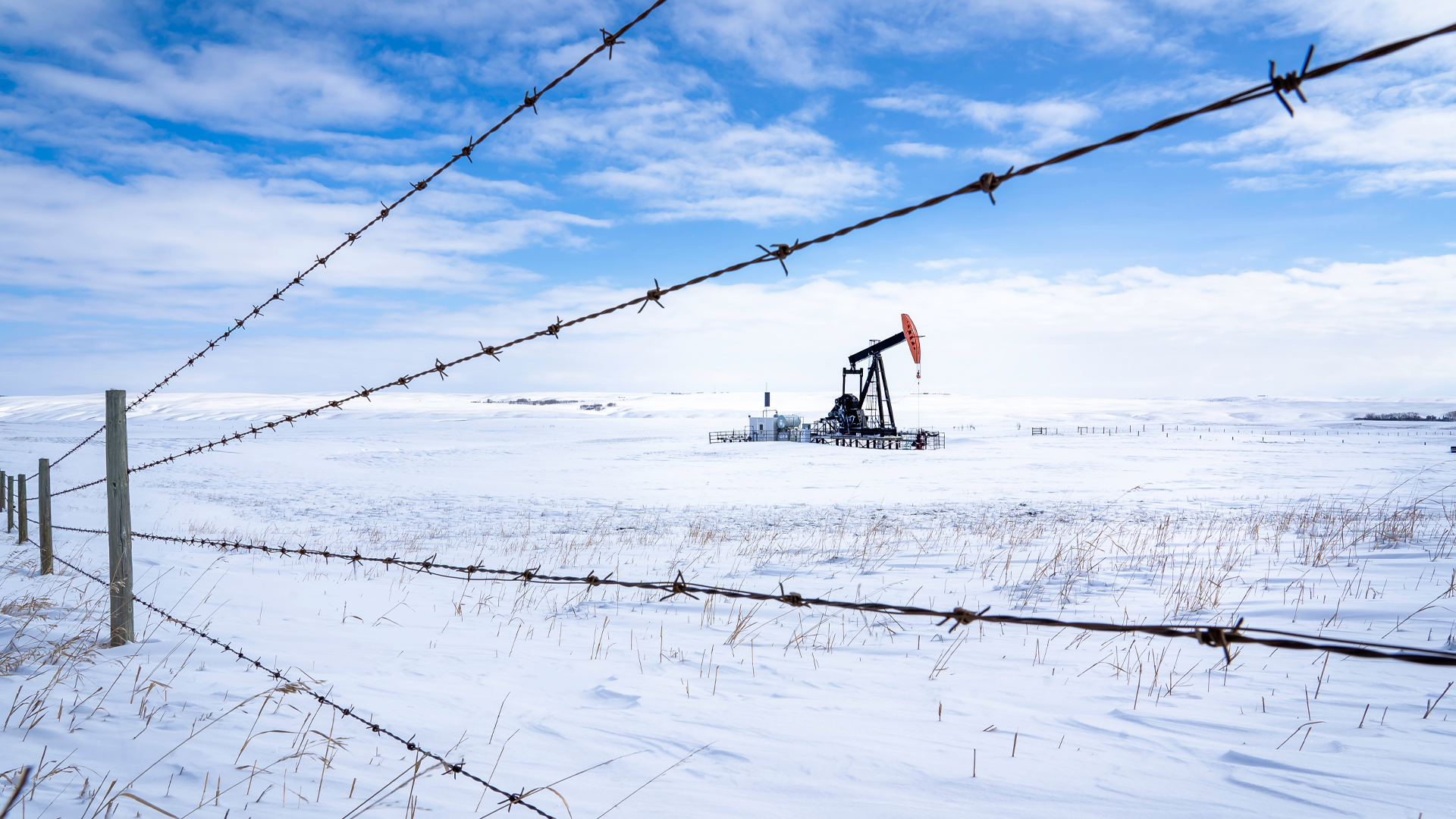
Most people I talk to have never heard of carbon leaks, which is when carbon policy causes emissions to be displaced to another jurisdiction. Yet the recent election in the United States heightens the importance of Canada taking carbon leaks into account, as it is a member of the North American Free Trade Act. Carbon leaks could in fact be the most important factor in climate policy success.
Imagine this scenario: Canada decides to levy carbon pricing aimed at leaving more natural gas in the ground. In the first instance, Canada’s emissions would decrease due to less production of natural gas. Further, imagine the taxes are invested in new groundbreaking energy technologies that successfully replaced the lost energy (with lower carbon emissions) and the economy grow as a result. Then we would have a “double dividend” of reduced emissions and economic improvement.
On the other hand, if the United States under its new president responds by producing more natural gas and Canada simply imports it. In this scenario our production leaks across the border, along with jobs, taxes and economic activity. As a result, America’s emissions increase, meaning Canadian carbon leaks across the border as well. This offsets the environmental benefits of Canada’s climate action.
What if, due to the nature of the product and the trade relationship, the extra emissions in the United States were actually higher than the reductions in Canada, perhaps because of extra transportation, fracking of less efficient reservoirs, or laxer environmental regulations in the US. Then our policy at home designed to reduce emissions would have the opposite effect. This is our “green paradox.”
I was among the first in Canada to speak out on carbon leaks and the green paradox, although it was only later I learned the terms.
It stemmed from my work in Quebec after our large natural gas discovery in the Utica Shale. Our natural gas discovery is one of the top “green” projects in Canada. It has the potential to materially reduce Canadian and global emissions by replacing imports of natural gas, which has higher-emissions. Our project represents the opposite of carbon leaks.
I was dumbfounded when, five years ago, in meetings with environmentalists in Quebec, I realized they were aware of these facts but still opposed local natural gas production. Their focus was on meeting Kyoto-Protocol-based emissions targets and lobbying for a national climate policy. Taking this approach to its illogical conclusion, it would be better to let foreigners produce everything for us, so we can say we don’t have any emissions (not to mention any jobs).
When I tried to publicize this obvious problem, generally people wouldn’t believe it was true. This is because Canadian citizens paying money to reduce local emissions, when the result is an increase in overall global emissions, makes no sense. Yet Quebec’s Strategic Environmental Review took this view by only studying impacts of oil and gas development on Quebec-based emissions. Our federal government does the same when it considers only Canadian-based emissions for local projects such as liquid natural gas plants and pipelines.
It is the production-based accounting system embedded in the Kyoto Accord that creates this problem. It gives consumers a carbon incentive to import goods, because the producer is responsible for the emissions. Or as Dale S. Rothman notes, “consumers in wealthy nations have simply passed the buck to people in other places or other times.” A consumption based accounting system would address carbon leaks using the criteria of justice and economic efficiency, raised in particular by Karl Steininger et al.
The issue of carbon leaks is central to whether Canadian climate policy will achieve its global goals. Yet this critical issue is poorly studied in Canada, while carbon pricing hurtles ahead.
Much of the answer as to whether Canada would reap a “double dividend” or suffer with a green paradox, or land somewhere in between, depends on the rate of carbon leaks experienced by industrial sector. For example:
- For every tonne of emissions reduced at home, less than one tonne of emissions is created elsewhere through shifting production offshore, meaning there is a net global reduction of emissions, or a double dividend. This is carbon leakage of less than 100%.
- For every tonne of emissions reduced at home more than a tonne of emissions is created globally, which is the green paradox problem. This is carbon leakage of over 100%.
Another way to express this issue is that at over 100% carbon leakage, 100% of the cost and effort of reducing emissions is simply wasted or worse. A question worth asking is what rate of carbon leakage under 100% is worth the cost to the local economy.
A small open economy with a strong component of resources like Canada is particularly vulnerable to carbon leaks. Canada uses more energy than other OECD countries, per dollar of gross domestic product.
Carbon pricing is now being mandated by the Pan Canadian Framework on Clean Growth and Climate Change, in spite of there being very little publicly available data in Canada on the rate of carbon leaks. When one thinks about it, there is no comprehensive environmental study of the new environmental policies around carbon pricing. It seems it is just assumed that, since it is an environmental policy with good intentions, it must ergo be good for the overall global environment. But good intentions do not guarantee good outcomes. We should invest in both comprehensive economic and environmental studies of carbon leaks before Canada goes it alone in North America on carbon pricing.
The University of Ottawa’s Nic Rivers has examined production leaks (though not rates of carbon leaks), on a sectoral basis. He found agriculture, chemicals, refined products, oil and gas, and base metals are most likely to lose large international market share, which implies high rates of carbon leaks. His study estimates an annual loss of 2.81% of GDP without mitigation and 1.79% with mitigation.
There is one Canadian sectoral study of carbon leaks relating to a specific pipeline project in the oil and gas industry. Navius Research studied the TMX pipeline and found leakage rates of between 133% and 200%. This would mean environmentalists who oppose and delay the TMX pipeline are actually increasing global emissions.
Still, there is very little data available on environmental policy differences between international jurisdictions. Yet, environmental policy differences between developed and developing countries are almost certainly very material with respect to the carbon intensity. The planet may need more Canada and its resources, produced with Canadian social and environmental values, in accordance with Canadian regulatory practices.
Canadian policy-makers simply have not adequately studied this issue. We need to know our carbon leaks by region and sector to be able to assess the global impact of our policies.
Sweden introduced carbon taxes in the 1990s ahead of the broader European Union, which is widely considered to have exacerbated that country’s banking crisis. The Swedish experience of going it alone relative to its regional market in Europe is a warning for Canada. Unlike Europe, North America is not currently implementing a harmonized emissions trading or pricing plan.
Good intentions and gut feelings are not adequate. Going it alone is not always leadership, sometimes you just end up alone.
Photo: An oil sands facility seen from a helicopter near Fort McMurray, Alta., on July 10, 2012. The Canadian Press/Jeff McIntosh
Do you have something to say about the article you just read? Be part of the Policy Options discussion, and send in your own submission. Here is a link on how to do it. | Souhaitez-vous réagir à cet article ? Joignez-vous aux débats d’Options politiques et soumettez-nous votre texte en suivant ces directives.








